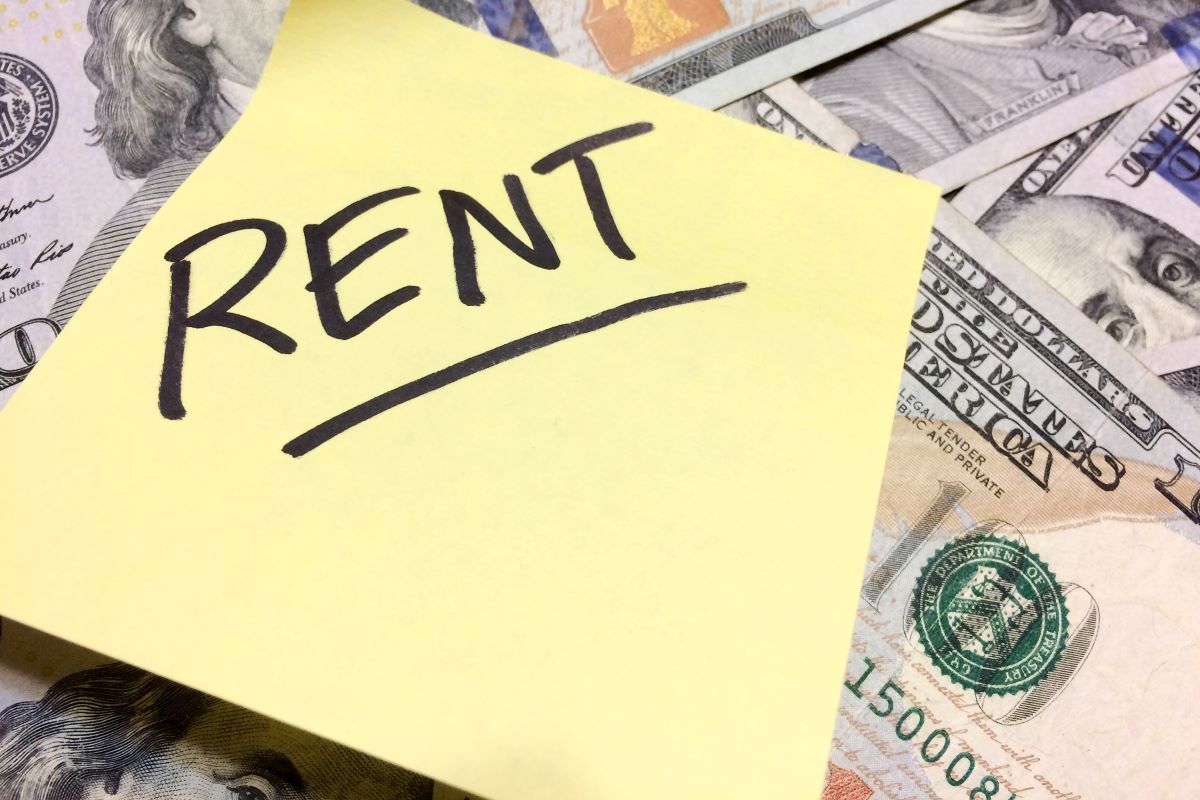Junk Fees Limit Options for All Renters and Strain Household Budgets
The Biden-Harris administration unveiled a new initiative on July 19 to make housing more affordable for renters and require landlords to provide more transparent pricing to their tenants.
The move targets so-called “junk fees,” such as convenience fees charged to tenants who pay their rent online or fees associated with background and credit checks. These fees can be a “serious burden on renters” and make it harder for people to compare the total cost of living at one apartment or another.
Several major rental housing platforms like Zillow and Apartments.com have already committed to providing more transparent costs upfront, the White House said. Meanwhile, state lawmakers from Colorado to Rhode Island are also working to crack down on the fees through legislation.
“Too often, renters are hit with unexpected fees on top of their rent,” U.S. Department of Housing and Urban Development Secretary Marcia L. Fudge said in a press release. “Today’s announcement shows the Biden-Harris Administration’s commitment to lower costs for renters and build a fairer, more transparent rental housing marketplace.”
The initiative to eliminate junk fees for renters builds on HUD research that fees often “limit options for renters and strain household budgets,” especially for workers who earn low incomes.
One way junk fees impact low-income earning renters is by increasing the cost of finding a new apartment. Junk fees are often assessed at the application stage and are non-refundable. This process can be expensive for renters who have to apply for multiple apartments before signing a lease.
Advocacy groups like the National Low Income Housing Coalition have been urging the White House to take on junk fees for months. In June, NLIHC submitted a comment to the Consumer Financial Protection Bureau, a government agency tasked with protecting consumer rights, about how junk fees can “unjustly prevent consumers from finding and maintaining housing.”
“Reforms to tenant screening policies and practices are critically needed to ensure everyone has a safe, stable, accessible, and affordable place to call home,” NLIHC said.
CFPB Director Rohit Chopra said that the move against junk fees comes as corporate ownership of rental units continues to rise.
As of July 25, Chopra said corporate interests own approximately 45% of rental units nationwide. These entities are also likely to deploy new technologies like artificial intelligence into the rental process to find ways of making more money through junk fees, Chopra said.
These new technologies can also produce false or inaccurate information in a tenant’s background or credit check, Chopra added. He shared an anecdote about a mother who faced homelessness because an apartment manager pulled a report showing multiple evictions on her record.
In fact, Chopra said the report showed a purported eviction in a state the woman never lived in and failed to mention that another eviction against the woman had been dismissed.
“When these algorithms produce thumbs up or thumbs down decisions, without a second look, without applicant review, and without consideration of what information is true and what is false, the landlord, property manager, or tenant screening company may be breaking the law,” Chopra said.
The move against junk fees also comes when millions of renters across the country face housing instability as pandemic-era support programs like emergency rental assistance and local eviction moratoria are undone.
According to the latest Household Pulse Survey data, more than 3.6 million renters said they are either “somewhat” or “very” likely to be evicted within the next two months. A majority of these renters said they are between one and two months behind on rent. For comparison, there were about 3.2 million renters who said they were either “somewhat” or “very” likely to be evicted at this time last year, according to the survey.
How You Can Help
The pandemic proved that we need to rethink housing in the United States. It also showed that aid programs work when providing agencies and service organizations with sufficient funds and clear guidance on spending aid dollars.
Contact your officials and representatives. Tell them you support keeping many of the pandemic-related aid programs in place for future use. They have proven effective at keeping people housed, which is the first step to ending homelessness.











